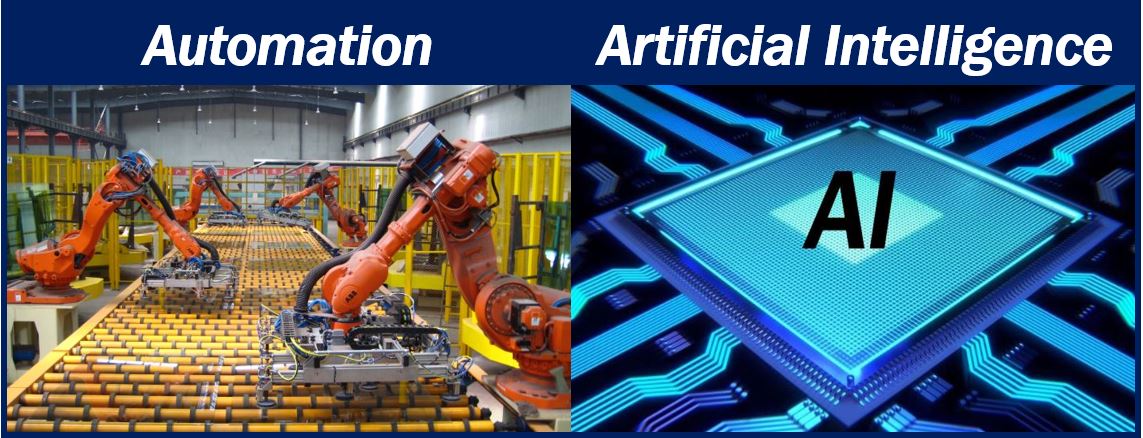Discover the results of recent worldwide HR summits and what innovative, forward-looking leaders are doing to prepare for a technology-centric workplace

“Only 9 percent of HR leaders believe their organizations are prepared for the future of work.” according to Don Baham of Nashville’s Kraft Technology Group.
That bleak collective assessment, gleaned by Gartner from more than 2,800 leaders in three worldwide summits, may appear to paint a dire picture of organizational readiness. However, with a focus on artificial intelligence and automation tools, organizations are taking important steps.
Understanding the role of technology is critical for HR leaders looking to lead in an increasingly evolving, increasingly disruptive workplace. At the worldwide summits, leaders identified three trends driving workplace change and the technologies that surround those evolutions:
- Employees seek more transparency. With more data available on employer evaluation sites, potential and existing employees want more information about how companies operate, corporate culture and leadership. Employers are seeking to control the narrative when in fact they should be focused on how to need employees’ growing need for more transparency.
- Managerial roles will change. The growth in automation and AI means that some managerial positions will disappear in the near future. Leaders and managers alike need to prepare for how the role management will evolve.
- More employee data means more insights. Technology means more information is available, allowing for better insights … and an increased risk of misuse, requiring the need for rigorous policies and training.
Collectively, these trends will shape key initiatives that HR must take to get the most out of new technologies.
How Will Artificial Intelligence Change the Future of Work?
“Will robots steal my job?” is a question Holden Watne from Generation IX in Los Angeles overhears when walking the halls at the company client offices.
It’s an all-too-common question running through the minds of workers and in animated break-room conversations. Technology has continually changed the types of jobs needed and how work is done. AI and automation are no different.
Here are several key ways that AI will change work:
Job creation
As technology evolves, new jobs will be needed just as others are displaced. Analysts will be needed who can classify and track algorithms. Interaction modelers will be required to create machine behaviors based on employee and customer behaviors. Managers will need to assess which algorithms perform well.
Bias reduction
AI and automation tools can help with employee assessment, ensuring that evaluations are more fact-based and unbiased. Machine learning can be used to identify bias, allowing HR to mitigate issues earlier.
Operational improvement
With more efficient processes in place due to automation and AI, businesses can reach desired outcomes faster.
Innovation drivers
New tools that relieve the mundane help propel advances in innovation, allowing employees and machines to develop new products, services, business models and customer service approaches.
Can AI Change the Way Workers Are Trained?
Technology is changing how work is done and how employees are being trained to do that work. At the forefront are new pedagogical approaches to training models. Today, employees can be trained using the following:
- Blended approach. It is much easier today to blend on-the-job training with technological approaches. Hear a coworker discuss how to handle a task, then watch a video explanation. Finally. have new employees test their newly learned skills on automated simulations that respond, track, evaluate and provide feedback.
- On-demand learning. Mobile applications and access to shared resources mean employees can learn the work on their own at their own pace.
- Social learning. Collaborative tools allow for new employees, including those in remote locations, to learn together, share feedback, ask and answer questions, and build rapport.
What Role Do Managers Need to Play in the Future?
Both Watne and Baham agree that management needs to evolve to be effective in the future workplace. Technology is redefining what it means to be a manager. Organizations need to determine what managerial tasks can be automated (and if they should be), set new expectations for the managerial role, and create new career paths to and within management.
Learning how to embrace the role of technology in the workplace will transform how work is done … and which companies thrive in a redefined workplace.
Video – Artificial Intelligence
___________________________________________________________
Articles you may find interesting?

